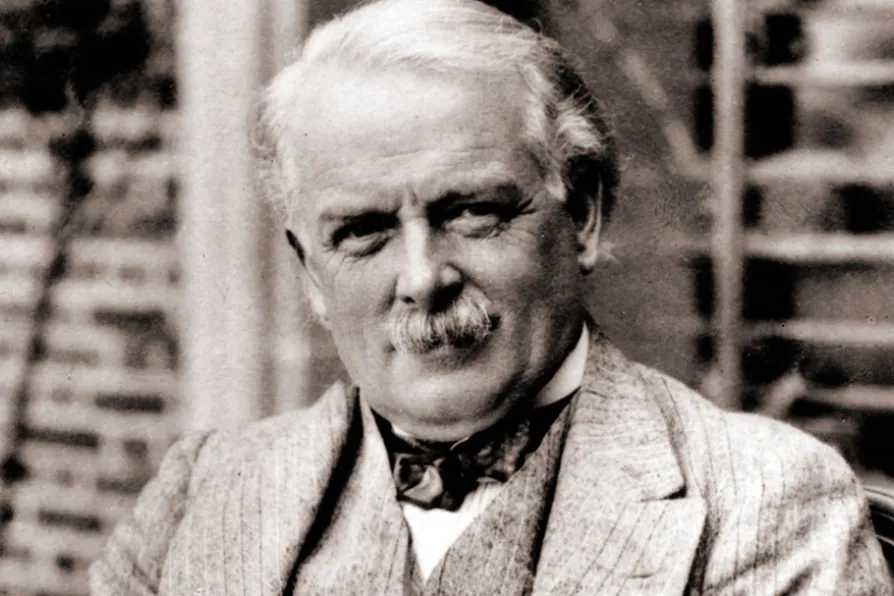All major Las Vegas Strip casinos are now unionised in a historic victory for labour, says RIO YAMAT

 MASTER PROFITEER: Lloyd George in 1922
[Library of Congress/Creative Commons]
MASTER PROFITEER: Lloyd George in 1922
[Library of Congress/Creative Commons] THE recent spectacular resignation of corrupt MP Owen Paterson is only the latest in a series of scandals involving MPs shoving their snouts in the greedy trough.
The government refuses to release minutes of a phone call last spring between Paterson and the health minister Lord Bethell, which took place just days before Randox, one of the companies he worked for, got a £133 million deal to supply and analyse Covid test kits.
In 1994 news broke of a corrupt financial transaction involving the owner of Harrods Department store in London and two Tory MPs. Harrods boss Mohammad al-Fayed confirmed he paid parliamentary lobbyist Ian Greer to arrange for then MPs Neil Hamilton and Tim Smith to table parliamentary questions on his behalf at £2,000 a time.


















